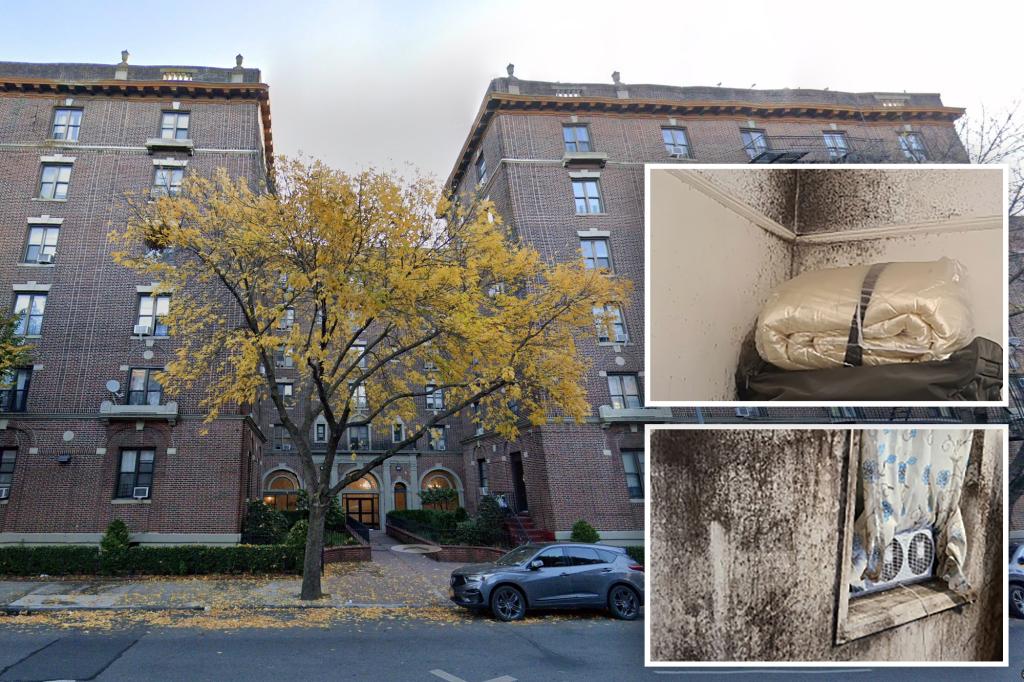This case revolves around Lilmor Management, a New York City-based property management company, and its owner, Morris Lieberman, who have earned the notorious title of the city’s “worst landlord.” They have been found responsible for a multitude of housing violations across their portfolio of 49 buildings containing over 2,500 rent-stabilized apartments. These violations range from dangerous levels of lead paint and pervasive mold infestations to chronic water leaks, pest infestations, and inadequate heating. The scale of neglect has led to a historic $6.5 million settlement, encompassing fines and restitution for affected tenants. This settlement marks a significant victory for tenant rights and underscores the dire consequences of negligent property management.
The gravity of the situation is highlighted by the alarming number of children affected by lead poisoning. Over 130 children residing in Lilmor-managed buildings have tested positive for elevated blood-lead levels since 2012. Lead poisoning poses serious health risks, particularly to young children, and can lead to developmental delays, learning difficulties, and other long-term health problems. The widespread presence of lead paint in Lilmor’s properties underscores the company’s blatant disregard for the health and safety of its tenants, particularly the most vulnerable among them. The staggering number of affected children paints a grim picture of systemic neglect and highlights the urgent need for stricter enforcement of housing regulations.
The scope of Lilmor’s negligence extends far beyond lead paint. The company has amassed over 30,000 housing violations across its properties, a testament to its persistent disregard for basic habitability standards. These violations paint a disturbing picture of living conditions riddled with chronic water leaks, pervasive mold, and infestations of vermin. Such conditions not only create an unhealthy living environment but also contribute to a diminished quality of life for tenants. The sheer volume of violations demonstrates a pattern of neglect that has persisted for years, highlighting the need for robust oversight and accountability mechanisms within the housing industry.
Adding to the egregiousness of the situation is Lieberman’s apparent indifference to the plight of his tenants. An email exchange cited in court documents reveals a shocking lack of concern in response to reports of inadequate heating in multiple units. Lieberman’s dismissive reply of “And?” to reports of tenants suffering from insufficient heat underscores a profound disregard for their basic needs and well-being. This callous attitude further emphasizes the need for stronger legal frameworks to protect tenants from landlords who prioritize profit over the health and safety of their residents.
The $6.5 million settlement represents the most extensive relief ever achieved in a case of this kind. The settlement includes nearly $3 million in restitution to impacted tenants, a significant step towards compensating them for the hardship they endured. The settlement also mandates comprehensive lead abatement measures across all of Lilmor’s properties, a crucial step in mitigating the ongoing health risks posed by lead paint. The appointment of an independent housing specialist to oversee these repairs further ensures that the necessary remediation efforts are carried out effectively and transparently.
This landmark case serves as a stark reminder of the importance of tenant rights and the crucial role of regulatory oversight in ensuring safe and habitable housing conditions. The magnitude of the settlement and the comprehensive nature of the required remediation underscore the severity of the violations and the urgent need for systemic change within the housing industry. This case sets a precedent for holding negligent landlords accountable and sends a powerful message that prioritizing profit over tenant well-being will have significant consequences. It also highlights the crucial role of tenant advocacy groups and legal authorities in fighting for the rights of those living in substandard housing conditions.

